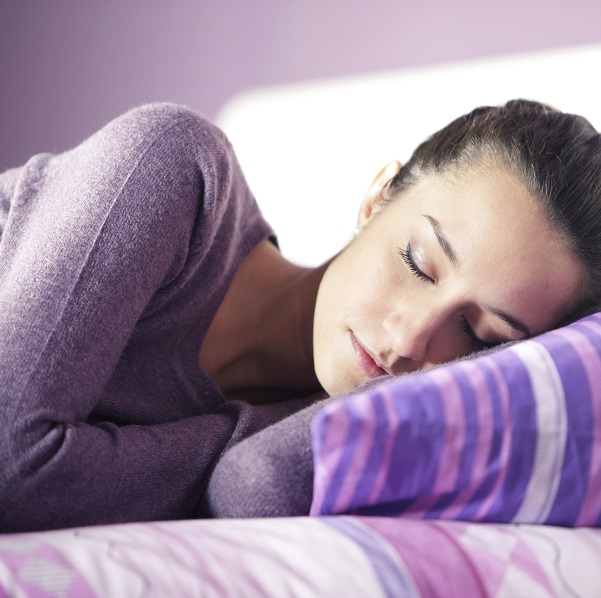How To Get Better Sleep In Early Recovery
Healthy life habits may seem like the least of your concerns when you’re in the early stages of recovery from addiction. You’re probably experiencing intense urges to use again and are focused on not relapsing. But your will can be strengthened if you take care of the basic needs that keep you healthy.
Sleep is one of those basic needs, and it often suffers in early recovery. If you can ensure that you sleep well and for long enough, you’ll feel better and be better able to resist your cravings.
Insomnia And Recovery
 If you’re having trouble sleeping now that you’re in recovery, you’re not alone. Insomnia is a common complaint of people newly recovering from addiction. It’s also a risk factor for relapse, so it’s important that you take steps to correct your sleeping woes.
If you’re having trouble sleeping now that you’re in recovery, you’re not alone. Insomnia is a common complaint of people newly recovering from addiction. It’s also a risk factor for relapse, so it’s important that you take steps to correct your sleeping woes.
Researchers have found that the incidence of sleep difficulties is up to five times higher in people recovering from addiction than in the general population. Furthermore, this insomnia can last for months or even years.
Therapy For Insomnia
Treating your insomnia is important if you want to feel better and be most able to resist a relapse. Using medications, even over-the-counter sleep aids, is risky for a person recovering from addiction. Therapy, on the other hand, is a good place to start working on better sleep. Evidence shows that cognitive behavioral therapy (CBT) can help recovering addicts with insomnia.
CBT is a therapeutic approach that focuses on changing behaviors. A therapist will work with you to teach you how to be aware of your behaviors, how they impact your sleep and how to change them. CBT for insomnia may include keeping a sleep diary, learning good sleep practices, limiting time in bed to actual sleep, controlling stimulation before bed time and managing negative thoughts about sleeping.
Tips On How To Get Better Sleep In Early Recovery
If you aren’t in a position to work with a therapist for your insomnia, there are still some things you can do to try to get to sleep. Good practices for sleeping aren’t always obvious, so you can learn how to be a better sleeper with these tips:
- Start by targeting your bedroom – Make sure your bed is comfortable and that your room is quiet and dark at night. Use ear plugs and heavy curtains if needed and keep the temperature cool.
- Timing is also important for good sleep – You should have a set schedule for when you go to bed and when you get up in the morning. Stick with it every day of the week. This will help train your body and mind to know when it’s time to sleep. The regular pattern of sleeping and waking is an important rhythm. Don’t interrupt it for anything, even on the weekends.
- Prepare yourself for bed at night with a relaxing routine – Avoid caffeine for at least eight hours before your bed time. Don’t drink anything for two hours before bed time to avoid waking in the night. Avoid anything stressful or stimulating before bed time. This includes exciting television programs and exercise. Instead, do something relaxing. Go for a short walk, have a cup of herbal tea, or read a book. Don’t use electronic devices before bed. The artificial light is disruptive to your sleep.
If you can learn to be a good sleeper, you can strengthen your sobriety. Resisting cravings is always easier when you feel good, and you can’t feel good without good sleep. Try changing your sleep practices and if that doesn’t work, consider getting help from a professional. It could be the best thing you do for your recovery.



